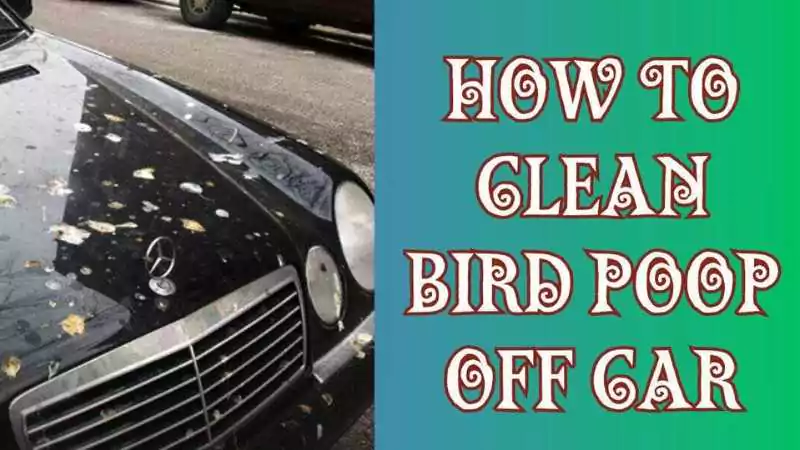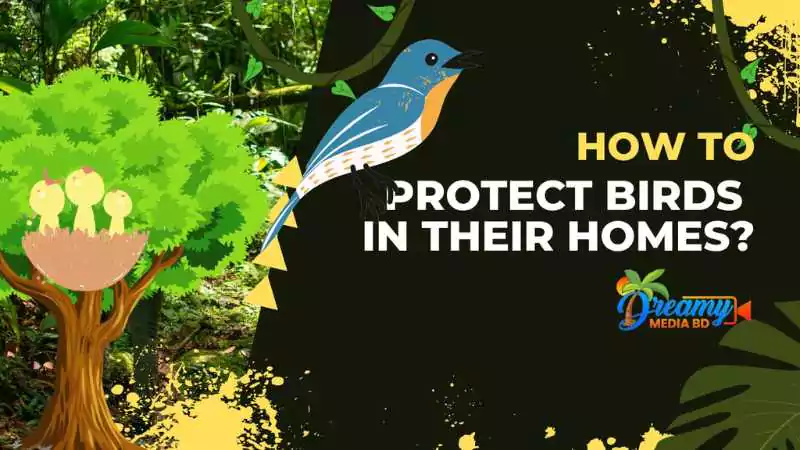How to Care for an Injured Bird: A Step-by-Step Guide
To care for an injured bird:
1) Observe from a distance to assess if it needs help.
2) Gently place it in a box lined with soft cloth for safety.
3) Contact a wildlife rehabilitator for expert advice and care.
4) Provide a warm, quiet environment, especially overnight.





